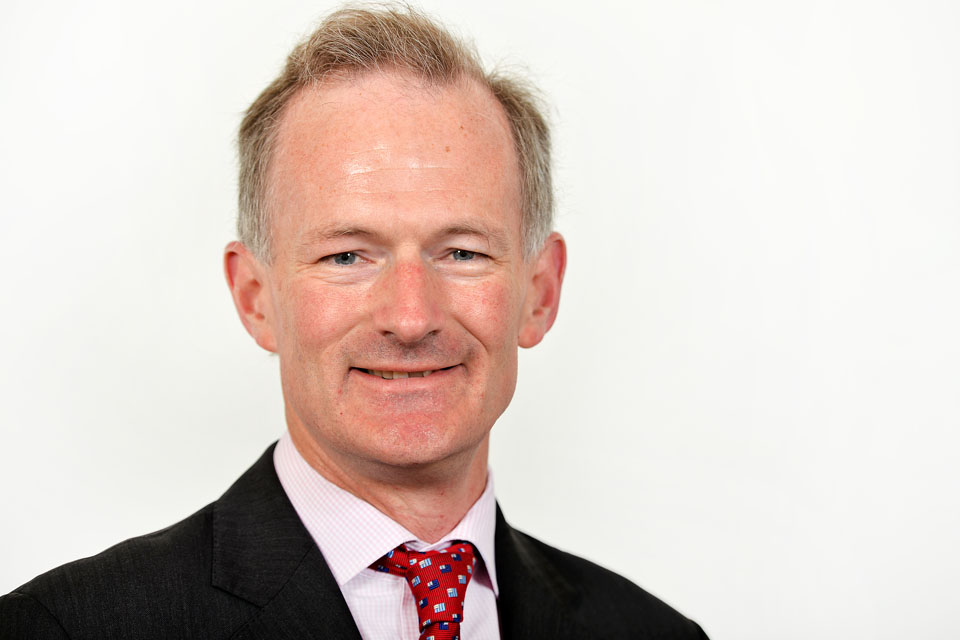Electoral law
The Minister for the Constitutional Reform laid a written statement in Parliament on electoral law and the Third Party Campaigning Review.

It is a long-standing feature of electoral law that if third parties wish to engage in campaigning at an election, then they should report their expenditure to ensure transparency, and that there should be spending limits on that expenditure to ensure a fair and level playing field and prevent undue influence.
Part 2 of the coalition government’s Transparency of Lobbying, Non-Party Campaigning and Trade Union Administration Act 2014 amended those limits to stop third parties engaging in ‘distorting’ activity during elections; updated the definition of controlled expenditure to include canvassing, events and rallies, as well as election literature; and regulated how spending was applied in individual Parliamentary constituencies.
The government continues to believe that the legislation is a necessary check and balance to ensure free and fair elections, and open and accountable campaigning at elections. The checks ensure not just fairness for political parties’ candidates, but also between rival third parties – especially on strongly contentious topics.
At the 2015 general election, 68 organisations were registered with the Electoral Commission as third party campaigners. Organisations that spent money campaigning at the general election included the likes of trade unions, the National Union of Students, the Campaign for British Influence in Europe, 38 Degrees, London First and CND.
As required by section 39 of the Act, Lord Hodgson of Astley Abbotts was appointed last year to conduct a review of the operation of third party campaigning provisions, in relation to the 2015 general election. The Chancellor of the Duchy of Lancaster has today laid Lord Hodgson’s report before Parliament.
The government is grateful to Lord Hodgson for his comprehensive and balanced report. We are pleased that he recognises the need for effective regulation of those campaigning at general elections to prevent undue influence and the need for transparency about who third party campaigners are and what they are spending.
The package of recommendations proposes tightening some rules and relaxing others. For example, it suggests ending the exclusion for supporters (as opposed to members) of an organisation and requiring campaigners at an election to register with the Electoral Commission if they intend to spend more than £5,000 in any one constituency. It also recommends that campaigners should provide more detailed information about the political issues on which they are campaigning, which would be published by the Electoral Commission. Equally, it advocates clearer guidance by the Electoral Commission to address some misunderstandings about the actual provisions of the legislation.
We will now carefully consider the package of proposals. Some involve changes to the existing regulatory regime, some changes to primary legislation and some are recommendations to the Electoral Commission.